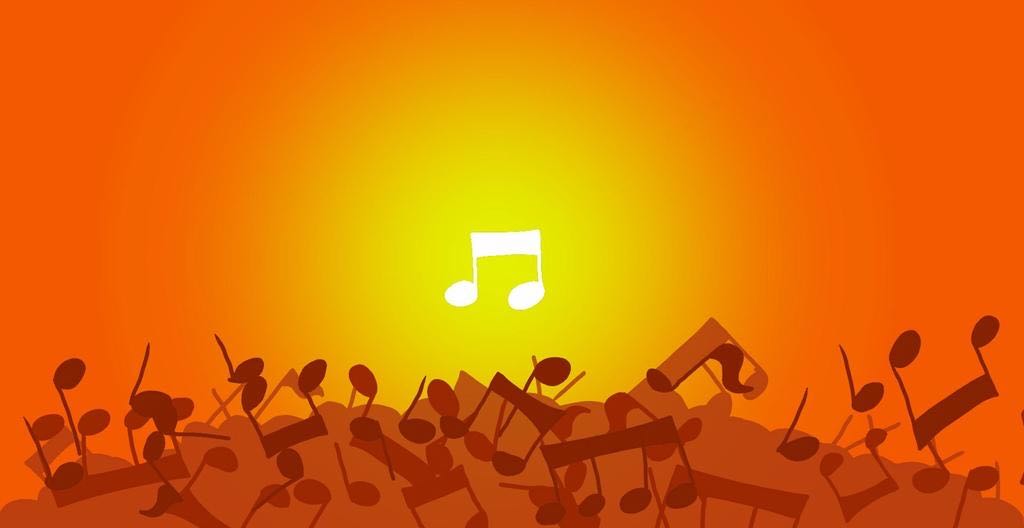Column: Can music be objectively “good?”
In this streaming age, it’s easier to find music than ever before. Endless internet platforms exist that promote, not just popular artists, but anyone with a recording device and an internet connection. But in what is now an oversaturated music market, palatable music is usually defined on an individual basis; it is subjective. While there’s plenty of validity in the initial, emotive experience of any art medium, there’s also social experiences and identities that inform those intrinsic experiences. Because of this, there might be conditions that truly make a song “good” which transcend personal preference.
Conor Oberst, the face of bands like Bright Eyes and Desaparecidos, and creator of the Saddle Creek label, responded to AV Club’s question about fame with a humbling admission: “Art is essentially communication. It doesn’t exist in a vacuum. That’s why people make art, so other people can relate to it.” Creative expression is a means of reaching into the tangible realm with what can sometimes feel like our incommunicable selves. Through art, we tell stories about who we believe we are to the rest of the world.
The scientific part of that story has to do with sound waves, timbres and tones, minor and major keys. Music theory is a large part of how we understand the biological experiences of music, but it’s also how many academics structure a collective language for approaching any piece of music they encounter. As forensic musicologist Brian McBrearty explains, music theory allows him to have conversations about how songs create feeling – in short, what it is about a certain song that makes you feel a certain way.
But while structure arguably facilitates meaning, there’s much more to our favorite songs than what they look like on a page, because that single page is one of many in a larger story playing out day-to-day. Music is as much a product of its cultural context as it is a product of the musician. For if the artist wishes to commune with the world, it must first embrace it.
For example, Ludwig van Beethoven’s “Eroica” was written during the French Revolution, a time when old ways were in the process of being overturned and reformed. A “comparable coup” can be seen in Beethoven’s approach to composition during this time, which reminds us that music earns the “good” qualifier when it becomes significant in some way. Beethoven’s significance just happened to come on a large and, arguably, timeless scale.
Some artists do transcend time, their music speaks of familiar cultural experiences long after they’ve left us, and sometimes long past the eras they were conceived in. I was – unfortunately – not born in a time that I could catch Billie Holiday or The Bird live. But I can still listen to them and share a moment in time through their music because they spoke to the ideas and experiences they sang about in a way that memorialized their identities as musicians.
Communicating the experience of revolution and regime change, structural inequality, or the complexities of cultural discourse is where music shines. It illuminates a context that we extrinsically experience but can sometimes struggle to articulate through the mundanity of daily conversation. When music is “good,” it is because it attempts to translate shared experiences into a language we can all share and relate to.

